My Father Our Fraternity: The Story of Haafiz Ali Khan and My World
By: Amjad Ali Khan
-
Rs 1,168.75
- Rs 1,375.00
- 15%
You save Rs 206.25.
Due to constant currency fluctuation, prices are subject to change with or without notice.
| Book | |
| What's in the Box? | 1 x My Father Our Fraternity: The Story of Haafiz Ali Khan and My World |
My Father Our Fraternity: The Story of Haafiz Ali Khan and My World
By: Amjad Ali Khan
Rs 1,168.75 Rs 1,375.00 Ex Tax :Rs 1,168.75
Zubin Mehta: A Musical Journey (An Authorized Biography)
By: VOID - Bakhtiar K. Dadabhoy
Rs 892.50 Rs 1,050.00 Ex Tax :Rs 892.50
Manning Up: How the Rise of Women Has Turned Men into Boys
By: Kay Hymowitz
Rs 845.75 Rs 995.00 Ex Tax :Rs 845.75
The Perfect Gentleman: A Muslim Boy Meets the West - [HB]
By: Imran Ahmad
Rs 1,447.50 Rs 2,895.00 Ex Tax :Rs 1,447.50
No similar books from this author available at the moment.
Zubin Mehta: A Musical Journey (An Authorized Biography)
By: VOID - Bakhtiar K. Dadabhoy
Rs 892.50 Rs 1,050.00 Ex Tax :Rs 892.50
My Father Our Fraternity: The Story of Haafiz Ali Khan and My World
By: Amjad Ali Khan
Rs 1,168.75 Rs 1,375.00 Ex Tax :Rs 1,168.75












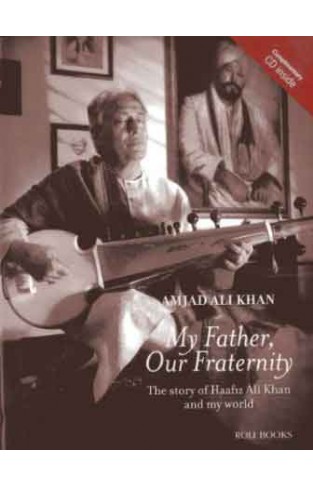
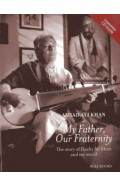
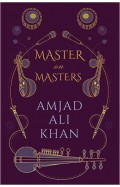
-120x187.jpg?q6)





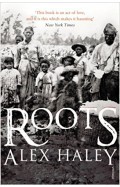



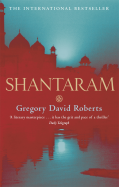
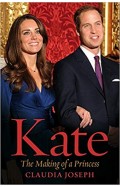
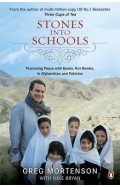
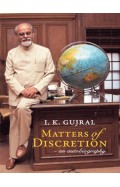
![The Perfect Gentleman: A Muslim Boy Meets the West - [HB]](https://www.libertybooks.com/image/cache/catalog/the-perfect-gentleman-a-muslim-boy-meets-the-west-[hb]-9781455508495-120x187.jpg?q6)

